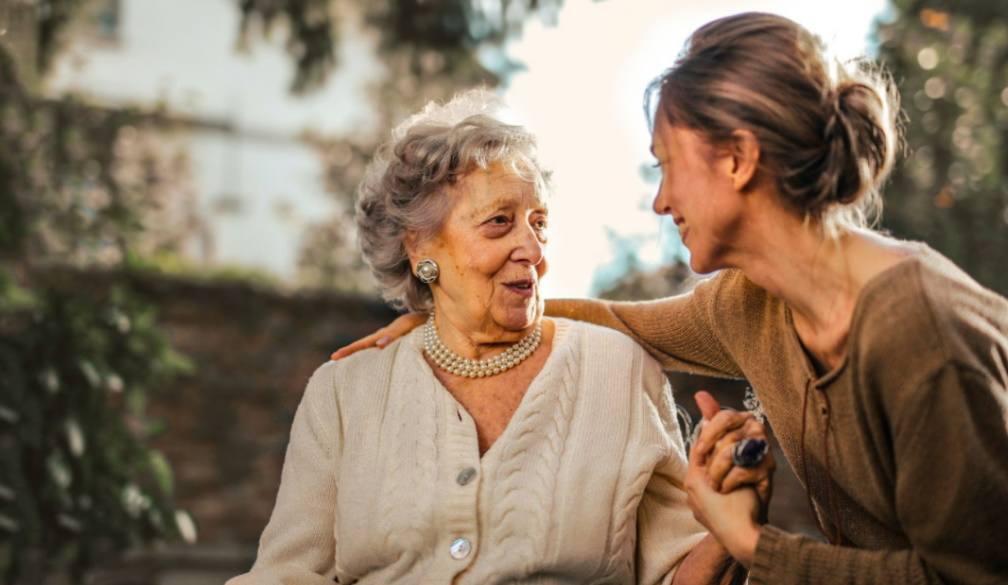Want your loved ones to inherit your super? Here’s why you can’t afford to skip this one step
- Written by Tobias Barkley, Lecturer, La Trobe University

What happens to our super when we die? Most Australians have superannuation accounts but about one in five[1] of us die before we can retire and actually enjoy that money.
If we do die early our money is paid out as super “death benefits”. They can be substantial. Even people who die young can have $200,000–$300,000 of death benefits through super life insurance[2].
Death benefits have recently been in the news for all the wrong reasons. Last week the Treasurer Jim Chalmers[3] expressed concern about delays paying out death benefits.
The Law Council[4] is concerned people do not have enough control over how death benefits are distributed. Others are devastated[5] about death benefits being paid to alleged violent partners.
Our first thought might be writing it in our will. However, super is not covered by our will as it does not become part of our deceased estate[6].
Instead, death benefits are distributed by the trustee of your superannuation fund. Under the law, there are two main mechanisms controlling distribution: binding nominations[7] and the trustee’s discretion.
Every super member has the option to create a binding nomination. It’s like a will for your super that the super trustee is obliged to follow. It also needs two witnesses to execute it. However, there are actually more ways for a binding nomination to fail than for a will to fail.
The law only allows you to nominate certain people: your “dependants[9]” or your estate. If you nominate anyone else your entire nomination stops being binding. Plus, unlike wills, there is no way to fix execution errors. Also, many binding nominations expire after three years.
If you don’t have a binding nomination, then the trustee can choose who your death benefit goes to. There are two main mechanisms controlling how the trustee chooses who gets your death benefit.
First, legislation[10] requires the trustee to give the death benefit to your dependants or deceased estate before anyone else. This means that your parents, for example, will only receive something if you have no children, partner or other dependants.
Second, decisions made by trustees can be disputed by complaining to the Australian Financial Complaints Authority (AFCA)[11]. The authority has a rigid approach to who should get death benefits and trustees usually follow this course of action.
Research I’ve done with Xia Li[12] of La Trobe University reveals what AFCA does in practice.
Most crucially, people’s wishes expressed in non-binding nominations were essentially ignored. Our research found there was no statistically significant association between being nominated in a non-binding nomination and receiving any of the death benefit. This was true even for recent nominations.
Other factors the complaints authority ignores are family violence and financial need. In one case, five daughters provided evidence, including a police report, that their deceased mother was a victim of violence perpetrated by her new partner. In keeping with the Federal Court, AFCA gave the alleged perpetrator[13] everything because he alone would have benefited from the deceased’s finances if she had lived.
In another case, the deceased’s adult son received nothing[14] despite living with disability and “doing it tough”. He had refused financial help so was not financially dependent. AFCA gave everything to the partner.
AFCA ignores these factors because of one key issue. It places “great weight[15]” on whether beneficiaries are financially dependent on the deceased.
This means when choosing between a financial dependent – such as a new partner who shares home expenses with the deceased, and non-financial dependants, such as most adult children – AFCA will almost always give everything to the spouse.
Relying on financial dependence can be arbitrary. Unlike in family law, a de facto partner does not need to be living with you for two years[17] before becoming entitled. For example, in one case AFCA gave a partner of possibly only seven months[18] (and 41 years younger than the deceased) everything and the deceased’s three children aged 27–33 nothing.
Also, AFCA treats any regular payment that supports daily living as financial dependence. For example, a son paying A$100 a week board to parents means both parents are financially dependent on the son[19]. In another case, payments from the deceased to his brother of $5,000, $7,000 and $5,000 made over a year was not financial dependence because they were irregular[20].
The whole process is slow. The average time it takes to resolve a death benefit case that goes to AFCA is nearly three years and the longest case I’ve seen took over six[21].
The only thing that you can do that will make a difference is execute a binding nomination; non-binding nominations are worthless.
But take care to execute your binding nomination correctly (get legal advice) and leave reminders for yourself to review it every three years.
References
- ^ one in five (www.austlii.edu.au)
- ^ super life insurance (moneysmart.gov.au)
- ^ the Treasurer Jim Chalmers (ministers.treasury.gov.au)
- ^ The Law Council (lawcouncil.au)
- ^ Others are devastated (www.watoday.com.au)
- ^ deceased estate (www.austlii.edu.au)
- ^ binding nominations (www.australiansuper.com)
- ^ Brian A Jackson/Shutterstock (www.shutterstock.com)
- ^ dependants (www.lawsociety.com.au)
- ^ legislation (treasury.gov.au)
- ^ Australian Financial Complaints Authority (AFCA) (www.afca.org.au)
- ^ Research I’ve done with Xia Li (openjournals.library.sydney.edu.au)
- ^ In keeping with the Federal Court, AFCA gave the alleged perpetrator (service02.afca.org.au)
- ^ the deceased’s adult son received nothing (service02.afca.org.au)
- ^ great weight (service02.afca.org.au)
- ^ Ground Picture/Shutterstock (www.shutterstock.com)
- ^ does not need to be living with you for two years (www.austlii.edu.au)
- ^ in one case AFCA gave a partner of possibly only seven months (service02.afca.org.au)
- ^ a son paying A$100 a week board to parents means both parents are financially dependent on the son (service02.afca.org.au)
- ^ was not financial dependence because they were irregular (service02.afca.org.au)
- ^ three years and the longest case I’ve seen took over six (www.austlii.edu.au)

















